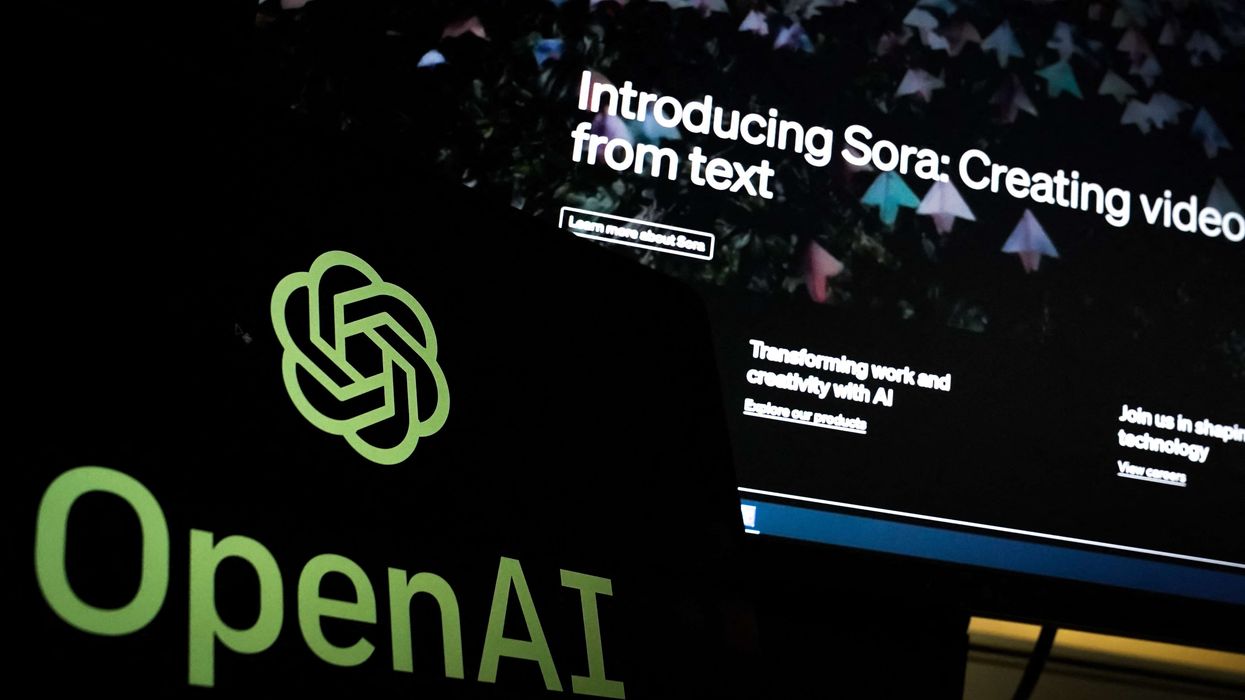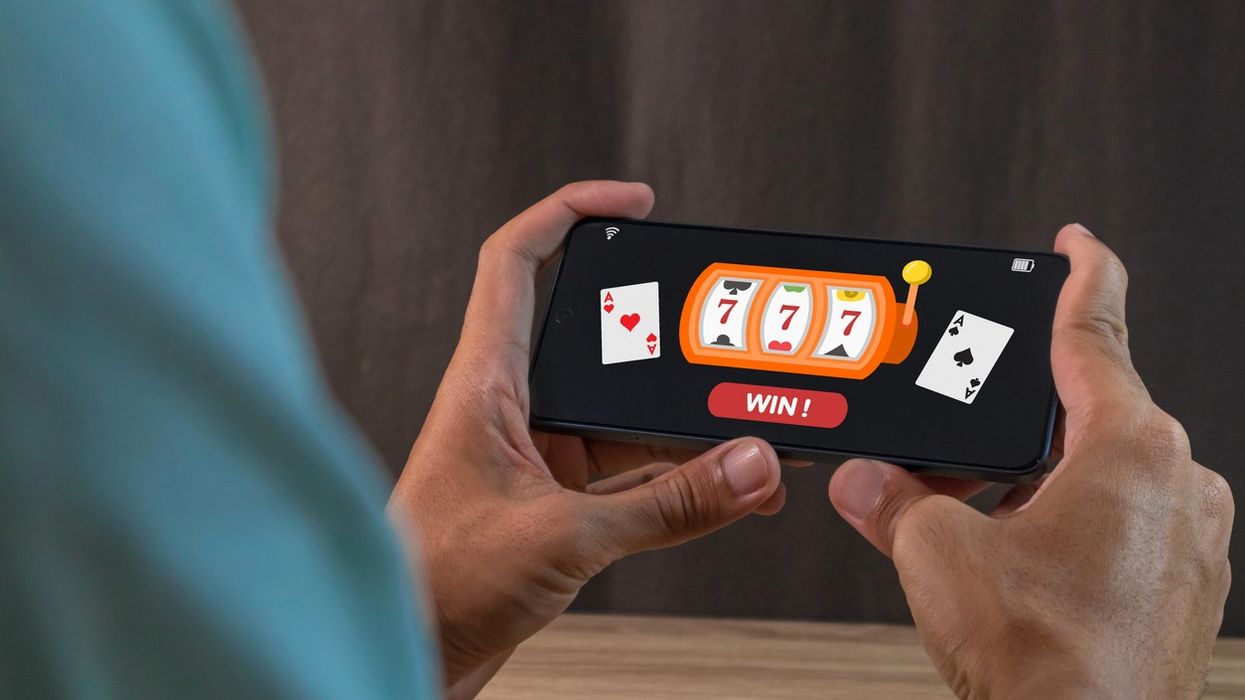Highlights:
- OpenAI’s Sora app reaches over one million downloads in less than five days, surpassing ChatGPT’s launch pace.
- The app generates short realistic videos from text prompts and is currently invite-only in North America.
- Experts suggest Sora could redefine digital content creation, making video generation and sharing as easy as posting on social media.
- Critics have raised concerns over copyright, depiction of deceased celebrities, and rights of content creators.
Rapid growth for Sora
OpenAI’s text-to-video app Sora has been downloaded more than one million times in under five days, surpassing ChatGPT’s launch pace. The app, currently available by invite only in North America, allows users to generate ten-second hyperrealistic videos from simple text prompts.
Sora has topped the Apple App Store charts in the US and enables users to post videos directly to social media, resulting in a surge of user-generated content across feeds. Its ease of use and realistic output have led experts to suggest that the app could redefine digital content creation, making video generation and sharing as simple as posting text or images online.
Controversy over content and copyright
Despite its rapid success, Sora has drawn criticism over its handling of copyrighted material and the depiction of recently deceased public figures. Some AI-generated videos have featured celebrities such as Michael Jackson and Tupac Shakur, and Zelda Williams, daughter of Robin Williams, recently requested users stop generating videos of her late father.
An OpenAI spokesperson told Axios that the company supports “strong free speech interests” in depicting historical figures, but for public figures who were recently deceased, authorised individuals may request that their likeness not be used.
The app has also produced videos featuring characters from films, television, and video games. A viral example showed OpenAI CEO Sam Altman interacting with Pokémon characters, prompting questions about potential copyright infringement. Several AI firms, including OpenAI, are already involved in legal disputes over training data and creative works.
OpenAI responds and adapts
CEO Sam Altman has stated that the company is adapting its approach based on user feedback and rights-holder concerns. Plans include giving creators more control over character generation and exploring revenue-sharing models.
OpenAI maintains that Sora videos could be considered a form of “interactive fan fiction,” but it remains unclear whether rights holders will accept this classification or take legal action.
The app’s combination of instant video generation and social sharing highlights its potential to reshape the internet, making professional-looking videos accessible to anyone with a smartphone.





